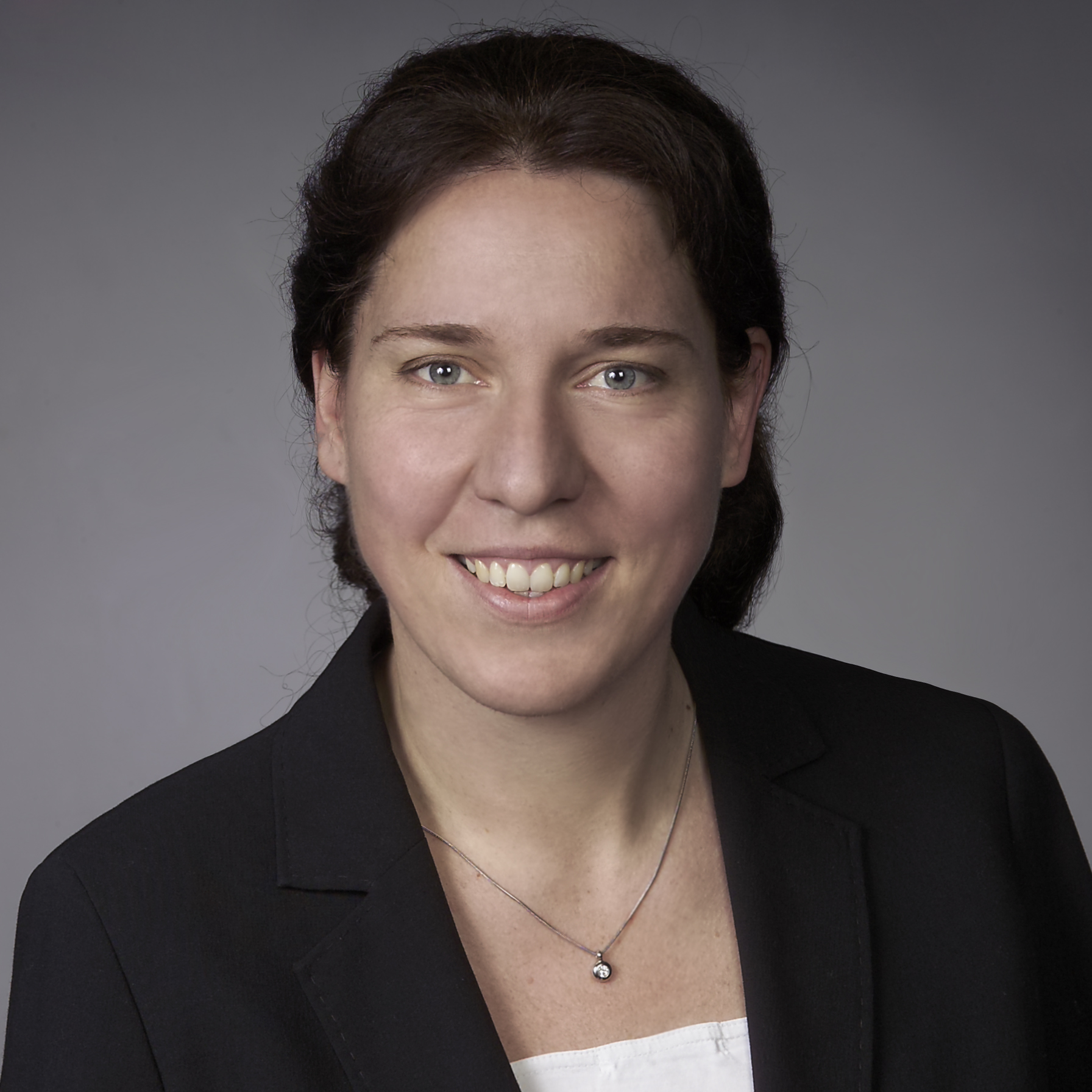Ready for IDS: New seal of quality is the key to data security and sovereignty
Many companies still shy away from sharing data. Participants of the International Data Spaces however can decide for themselves who sees their data, who is allowed to use it, how it is used or what it costs. Today, Deutsche Telekom, one of the world's leading integrated telecommunications companies, is already using the newly introduced seal of approval for secure und trusted data exchange, "IDS_ready". Antje Williams from Deutsche Telekom summarizes, why the company belongs to the IDS_ready early adopters and how small and medium-sized companies in particular benefit from the seal.
For Deutsche Telekom, and for the telecommunications industry as a whole, data sovereignty is of critical importance. It is about time to find a solution that allows companies to exchange data between each other, and to do so for their mutual benefit, without fearing this data is misused for purposes other than agreed upon by the parties involved. Already more than a year ago, Deutsche Telekom officially launched its "Data Intelligence Hub" (DIH), a secure, reliable marketplace for trading in data. The "DIH" emerged through close coordination with the International Data Spaces Association (IDSA), of which Deutsche Telekom is a member. An important element is the "IDS_ready" Connector, certified on the basis of the IDSA guidelines. "IDS_ready" is the IDSA´s seal of approval for secure und trusted data exchange.
Deutsche Telekom´s "Data Intelligence Hub" acts as an interface, that has been missing in the field of data management until now. It offers a centralized platform and a holistic overview of the data available for free or for sale on the market. At the same time, it offers a variety of analytical tools to enable you to process data using methods like "machine learning" and "artificial intelligence", for example. In this way, enterprises can optimize their own internal processes with the help of data freely available on the market. In the logistics sector worldwide, about one third of all deliveries arrive later than originally planned. Food is often rotten when arriving at the place of delivery. When tracking a delivery, it is known where the shipment was loaded and more or less where it should be at the moment. What is unknown is whether, when, why and precisely where a delivery becomes delayed. Such data are missing in the process chain. However, this sort of information would allow to take countermeasures in real time. This way, companies can reduce idle times and storage costs and make reliable plans. These data are in fact already available but spread over many locations. The "Data Intelligence Hub" can now be used to obtain data, to analyze them and to merge them with one’s own data in a consistent manner.
Providing trust and security for SME´s
As for Deutsche Telekom, the IDS ecosystem is a reliable value proposition to its customers, both in the B2B and the B2C segment. Today, especially small and medium-sized enterprises (SME´s) look for some kind of a central trusted entity. They do not want to deal with the latest encryption technology on a daily basis. With the "Data Hub Intelligence", Deutsche Telekom is able to provide trust and security, alongside with a plausible business model. This is why Deutsche Telekom is taking a highly active part in IDSA. The IDS reference architecture is supported by 100 high-profile organizations worldwide already. This indicates that IDSA has reached a high level of awareness in business, which is critical for large-scale adoption.
The "IDS_ready" label invites companies to gain their first experience with IDS and prepares for the actual certification. Certificates are issued by TÜV Süd (German Association for Technical Inspection) and the professional service provider PricewaterhouseCoopers for a duration of one year. While these two certification authorities are evaluating IDS conformity of the organization seeking certification, experts from Fraunhofer check whether the respective organization is entitled to participate as to the technical components it uses.
ABOUT THE AUTHOR
Antje Williams started in 2001 in the Legal Department of Deutsche Telekom and was appointed Senior Vice President 5G Campus Networks in October 2018. Deutsche Telekom´s offering of a mobile network solution for industry customers combines a public and private network. Before her appointment, she was leading the 5G program within Deutsche Telekom for three years, including architecture, business and standardization. In IDSA she is Deputy Chairman of the Board together with Prof. Dr. Boris Otto from Fraunhofer ISST.
ABOUT IDSA
The International Data Spaces Association (IDSA) aims at convincing even direct competitors to join forces: creating secure data spaces, in which companies can establish new, data-driven business models allowing them to exchange data among each other, while data sovereignty is maintained for each data provider across the entire data value chain. Collaborators in this initiative are Fraunhofer, a number of large industrial corporations (e.g. Thyssenkrupp, Sick, Bayer, Schaeffler, Volkswagen, or Rittal), and multiple SMEs from more than 20 countries worldwide.
 Fraunhofer Institute for Material Flow and Logistics IML
Fraunhofer Institute for Material Flow and Logistics IML